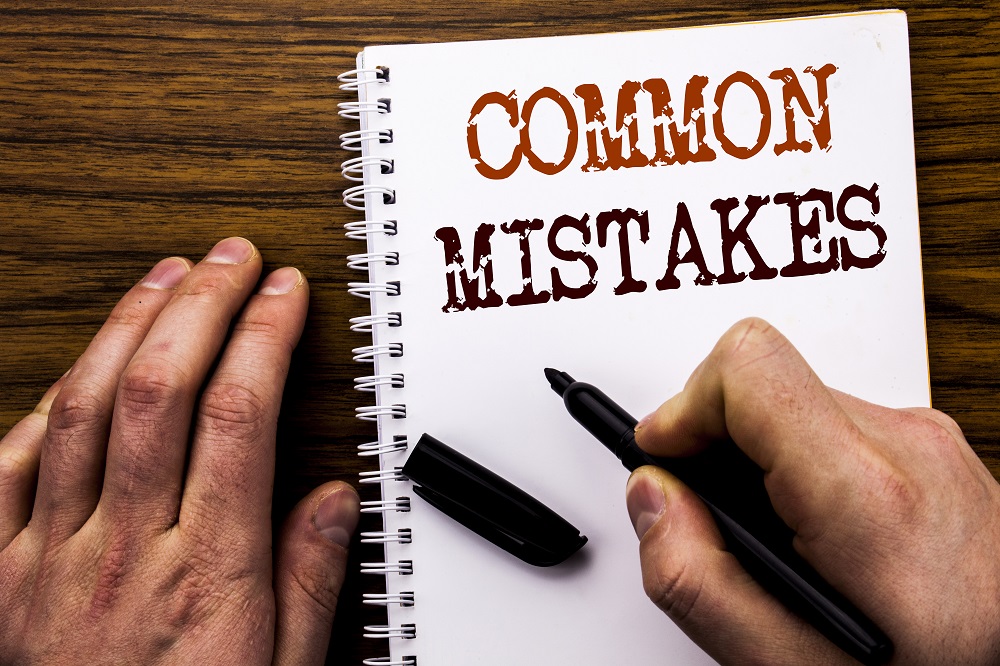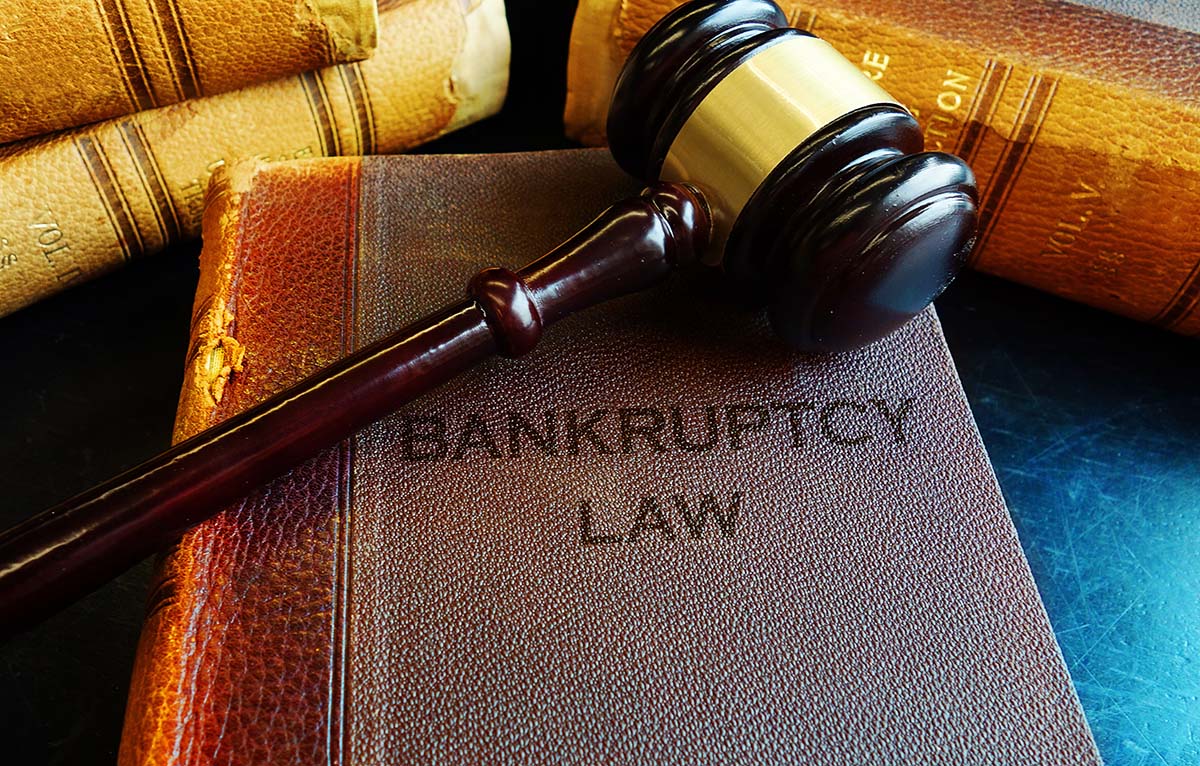Common Bankruptcy Mistakes in Arizona
 Declaring bankruptcy is sort of like a reset on your personal finances. As part of the process though, Arizona law requires that you be open and honest about your finances and your financial situation. Because of this required openness and honesty, there are some serious no-nos when it comes to your finances during a bankruptcy filing.
Declaring bankruptcy is sort of like a reset on your personal finances. As part of the process though, Arizona law requires that you be open and honest about your finances and your financial situation. Because of this required openness and honesty, there are some serious no-nos when it comes to your finances during a bankruptcy filing.
If you have questions along the way during your bankruptcy filing, you should ask an Arizona bankruptcy attorney to protect yourself during this time.
- Sudden change in bank account balance
When you file for bankruptcy, you’re permitted to keep $300 in your bank account if you’re single or $600 for a married couple. Any additional savings you have must go to paying off your debts. It is not lawful to take a large sum of money out of your bank accounts and hide it away until proceedings end. The amount permissible in your bank account includes all cash on hand. - Credit card cash advances
Be very careful with how you use your credit cards while undergoing bankruptcy. Cash advances within 70 days of filing for bankruptcy will not be part of your claim, and you’ll be liable for paying that money back in full. You should discontinue using your credit cards while undergoing bankruptcy to ensure you don’t end up with tons of debt after going through the process. - Debt for luxury items
Within 90 days of your bankruptcy filing, you should not use your credit card to purchase luxury items. If you do, this debt will be excluded from your filing and you’ll be left to pay that cost back. There is no official itemized list of what constitutes a luxury item but think about large purchases like furniture or vehicles. - Payments to family and friends
People who have been down on their luck for some time before filing for bankruptcy might have taken personal loans from family or friends. While this is better than owing interest to a debtor, the money you pay to family and friends is viewed differently and can be recovered by bankruptcy trustees. It’s best to stop making payments to family and friends within the year leading up to your bankruptcy filing to ensure the courts don’t go after that money from your loved ones.
- Payments to unsecured debtors
Within 90 days of your bankruptcy filing, you don’t want to continue paying your unsecured debt. Your bankruptcy trustee is in charge of evenly distributing your money to debtors accordingly so you should not interfere in the process by making payments. Payments made for unsecured debt within 90 days of filing for bankruptcy will be recovered and redistributed. - Sell property below its actual value
You should not sell off your property below its market value as a way to trick the system. The bankruptcy trustees know all the tricks people try when working to salvage possessions for later on. For example, if you own a motorcycle that is worth $5,000 and sell it to a buddy for $500, the bankruptcy trustee can actually void that sale and resell it at face value to pay off your creditors. - Selling off real estate
Arizona law protects equity you own in your primary home up to $150,000 during bankruptcy. If you own additional real estate, you should not sell that off during your bankruptcy filing. Your bankruptcy trustee will handle this for you and distribute those funds to your creditors accordingly. - Going through bankruptcy filings without an Arizona bankruptcy attorney
See the article on five common mistakes debtors make when filing bankruptcy.
Bankruptcy carries with it many nuances and requirements that are hard to know and understand unless you’re an expert who has devoted your career to the process. You should not try to go it alone in filing for bankruptcy. Be sure to hire a good Arizona bankruptcy attorney to guide you along the way.
Find out about credit cards during bankruptcy and after bankruptcy.





